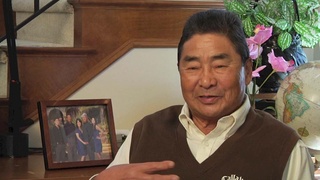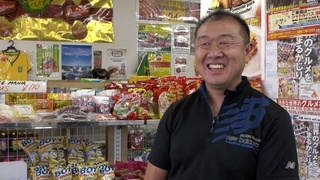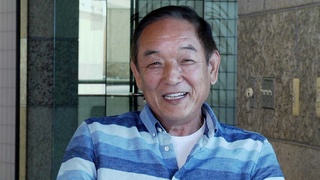Interviews
Business in Missouri (Japanese)
(Japanese) Compared to California, Missouri is a better place to live, if you have ways to make ends meet. It’s so much better there. The price of a house, for example, is about one-third or even one-fifth of the price here. And in my case, I couldn’t contract work, so I had to get a job and I was willing to learn things the American way. And since I knew how to do welding, even though it wasn’t my job in Japan, - I had some experience when I was young and I had skills - I had a welding job while I was there. I worked at six places in one year.
But in Missouri, there isn’t much population, with houses located sparsely. I did it once. I worked at six places and walked around, and back then it was two dollars and sixty cents. That was the minimum wage. And they would usually want the work done with minimum wage. And they would give me a check after a week or two. Then on the check they would write 8 or 9 dollars. When I told them there had been a mistake, they would tell me I could take it, because it was me. They would do things like that. They thought that it would keep me there. But as I was looking around, I stayed at one place for only a few weeks and moved to new places. I looked around six places and thought that maybe I could do it on my own. And then I had my own place - not on a big street - but I only had two customers during six months of business there. Just small jobs. I just couldn’t make a living with that.
Date: July 17, 2016
Location: California, US
Interviewer: Yoko Nishimura, Mitsue Watanabe
Contributed by: Watase Media Arts Center, Japanese American National Museum





